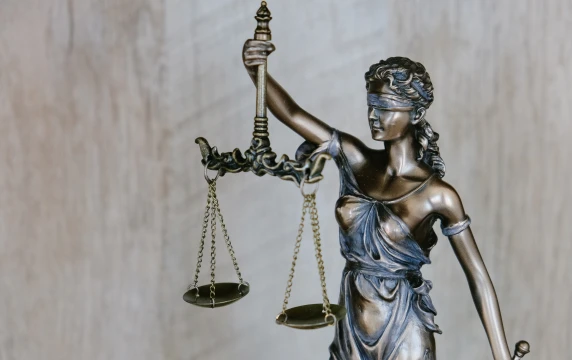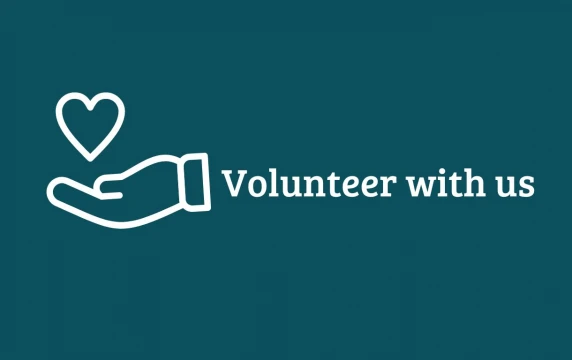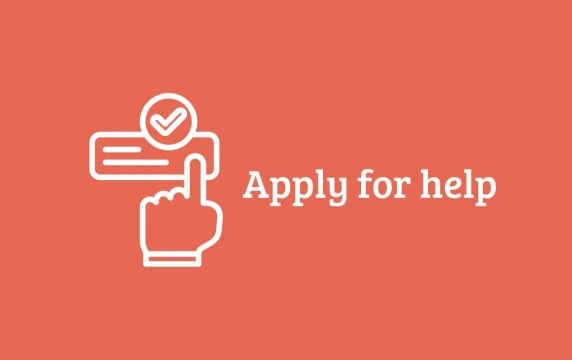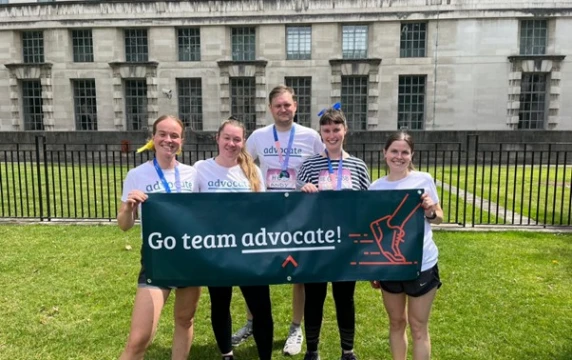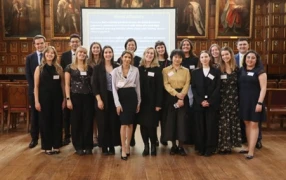At what stage in your career did you take on your first pro bono case?
Day one! My first court appearance was pro bono, acting for a claimant in the Employment Tribunal through FRU. I lost. Fortunately my record has improved a little since then…
Why did you decide to undertake pro bono work?
When I was first starting out, it was the best way to get experience, and the confidence to know I could do the job. I’ve kept on doing it ever since because, well, why wouldn’t you? When you have skills and experience, it seems odd not to use them to help people who can benefit from them. And you meet all sorts of interesting people on the way.
What was the most memorable case you worked on, and what did you do?
When lockdown was introduced and the furlough scheme was set up, I spent a lot of time working on judicially reviewing the sick pay regime (which is set at a very low level, and excludes a lot of people) and the furlough scheme itself, which left many falling through the cracks (in particular BAME workers who are particularly vulnerable to the virus). It was particularly enjoyable to work with a big team of barristers from Old Square Chambers, solicitors from Leigh Day, and the IWGB trade union. It was good to feel we were doing our bit to help.
What effect did pro bono work have on your career?
The beauty of pro bono work is that it benefits the barrister as well as the client. Pro bono cases can take you outside your regular comfort zone, and expose you to new ways of working and thinking.
What is the most rewarding thing about doing pro bono work?
Making a difference to people’s lives. That may sound cheesy, but so what? There’s nothing more rewarding than that. A particular highlight was seeing wedding photos from a client I’d helped get UK residence the year before.
What advice would you give to any barrister unsure about whether to start doing pro bono work?
Don’t be unsure. Just do it!

